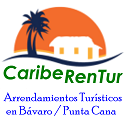With AvaiBook guarantee
Information
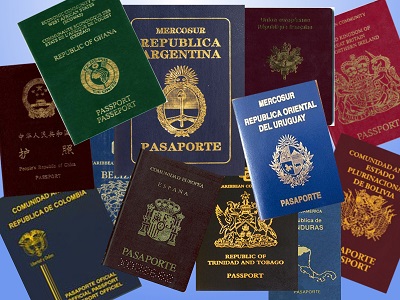 Passports and visas
To enter as a tourist in the Dominican Republic is needed a valid passport (with a minimum of 6 months validity from the date of entry)
and purchase a tourist card with cost of 10 dollars. Depending on your nationality, You may also
require a visa, or conversely not need a visa or tourist card. To check what you need, you can visit the website of the Dominican Embassy in your country or
click here. The tourist card can be purchased before traveling diplomatic office in the Dominican Republic have in your home country, or at the airport of arrival before passport control. You can also get the tourist card before traveling through the web of the General Directorate of Internal Revenue of the Dominican Government, paying by credit card and getting it through PDF format (it's required to bring a printed copy to enter the country). This allows you to save time in the passport control, to avoid a tail that all (except the dominican nationality) should do to buy the card at the airport. Moreover, so you avoid carrying 10 doollars for that procedure, because surely you will don't need dollars for anything else. To leave the country you also have to pay 20 dollars, but this tax is usually included in the amount of your return ticket if traveling on a scheduled flight. If traveling with a charter flight, it is possible that the output tax is not included and will be required in the check-in desk of your airline, so you should be informed whether it's included or not. The tourist card entitles you to stay legally in the country for 90 days. Exceeding this time you will have to pay a fine when leaving the country, whose amount varies depending on the number of days exceeded. Here you can see a table of penalties for excess of stay:
| ||||||||||||||||||||||||||
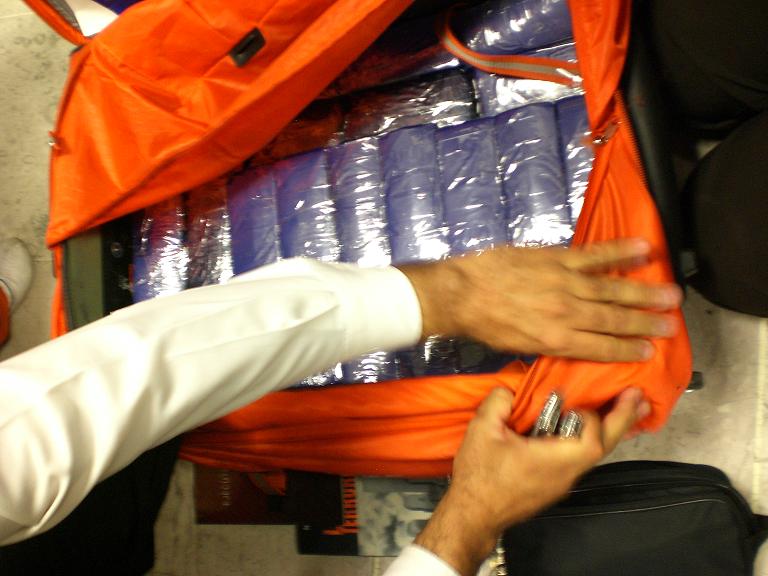 Migration and customs
Besides presenting the tourist card, you will have to fill out a form that deliver with the passport in policing control,
in which personal data should be provided as well as the dates and place of residence during the days that remain in the country. All objects that you think must be declared, must be reported by another form in customs. Items classified as personal baggage have no problems passing through customs. You are entitled to bring 2 liters of liquor, 200 cigarettes and gift worth 1000 dollars. You can bring food if it is packaged and have expiration date. Trafficking and drug possession, even considered soft, although in very small amount, is heavily punishable with penalties, in many cases, of prison. Many airlines are distributing both printed during flights, but will also be available at the airport of arrival. Here's an example of a form for migration declaration, and another example of a form for customs declaration. |
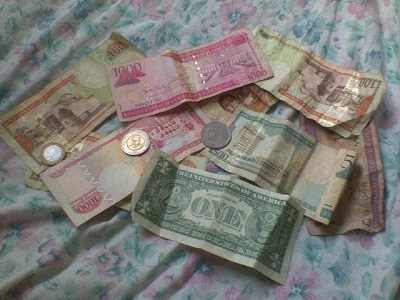 Money
The official currency of the Dominican Republic is the dominican gold peso, or simply peso. Its currency code is the DOP, and its
symbol is RD$. There are bills in denominations of 20, 50, 100, 200, 500, 1000 and 2000 RD$, and coins in denominations of 1, 5 10 y 25 RD$. The current exchange rate to dollars can be seen here, and current exchange rate to euros here. The use of credit and debit cards are spread throughout the country and there are plenty of ATMs to withdraw local currency, being the most common VISA, MasterCard and Amex. It is normal to allow the use of U.S. dollars in the most common transactions, although the recommendation is to use local currency to prevent that rounding plays against you. It is also common to allow euros in payments, but not coins because it is more difficult to change. If you bring some money from your home country and want to change it to dominican currency, it is advisable to do in banks and avoid type-"homely" exchange houses that we find in many places, especially tourist. The country's major banks are: These banks have branches in all the tourist areas, and particularly in the sorroundings of the Plaza Friusa in Bavaro you will find offices of all of them. |
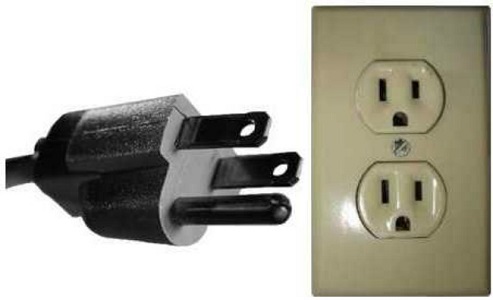 Electricity
The dominican mains is 110V at 60 cycles (110V/60Hz) and flat pins. For those traveling from a country with
different electrical parameters, it is advised to be equipped with a voltage transformer for devices that do not run at 110V and
plug adapters for devices that accept this voltage. For example, the most part of mobile chargers coming from Europe with a voltage of 220V, normally will charge battery to 110V, although slightly delaying, so a simple plug adapter applied to his round pins will suffice to make it work. However, appliances such as radios and hairdryers probably will not work or will have a very unsatisfactory performance, therefore it is more convenient connect them via a voltage transformer. Both transformers as the pin adapters are easy to find in the Dominican Republic, but surely the cost is much higher than if you buy them in your hometown. Also mentioning that for those devices using batteries, you easily will find in any store the same formats in any other country. |
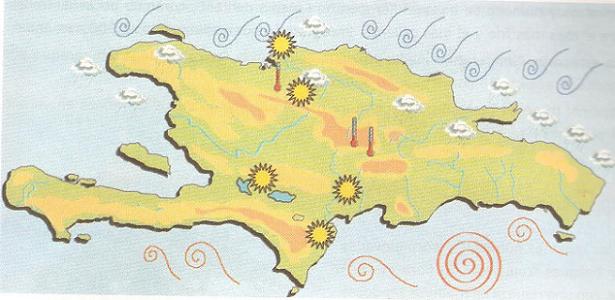 Weather
The Dominican Republic has a warm tropical climate. The average temperature throughout the year is 28°C. Virtually every
day is sunny and you can enjoy the beach all year. When it rains it'll likely be in type-downpour, typical tropical rain,
but the common is just thirty minutes or an hour and then the sun comes out again. The rainy season is between May and June and the hurricane season in this region of the Caribbean Sea is held from June 1 to September 30. These phenomena are detected almost at the time of its formation, then evaluating its intensity, its likely path and travel speed. Therefore, it is impossible to determine in advance of several days, the specific areas that may be directly affected by this type of weather and the degree of impact, leaving little room for maneuver. To dress it's recommended natural fibers (cotton, linen, etc...), to feel comfortable, and short sleeves shirts and t-shirts. It is desirable to carry on your luggage some lightweight jacket for little cool nights, or for the air conditioning of the establishments, insomuch as the dominican people likes be very cold when connecting the conditioning devices. If you plan on hiking, you should visit some time before the website of the National Bureau of Meteorology to check the weather will be in the area that you want to visit. |
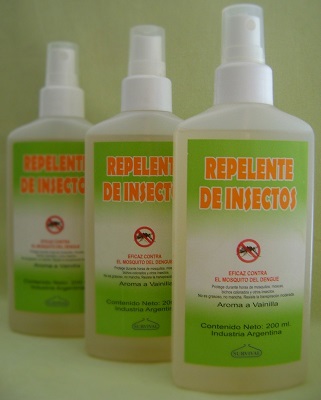 Health
There are no vaccinations required to enter the Dominican Republic. The most common health complications usually
derivatives of sun exposure, so it is patched using sunscreen factor 50 or higher. It can also be frequent hot flashes,
so you should drink plenty of water to hydrate frequently, addition of intestinal disorders and diseases of ears. During the stay in the Dominican Republic you should consume bottled water, because tap water is not drinkable in no area of the country. Drinking running water in large quantities can cause diarrhea and vomiting, besides to can contract some parasitic disease. The entire health care system is private and very expensive. It is therefore advisable to take out medical insurance to cover your stay in the Dominican Republic. It is also advisable to carry basic medicines (aspirin, antidiarrheal, ointments, plasters, etc ...), as in tourist areas are usually quite expensive. |
|
Legal notice Privacy |
Home
Apartments
Environment
Gallery
Reviews Terms Rates Deals Services Availability Bookings Loyalty Links Information Location Contact |
CaribeRenTur Telephone: +34639835533 (WhatsApp) E-mail: info@cariberentur.com Skype: CaribeRenTur | ||||
|
Copyright © 2006-2025 CaribeRenTur All rights reserved |

|
| |||
